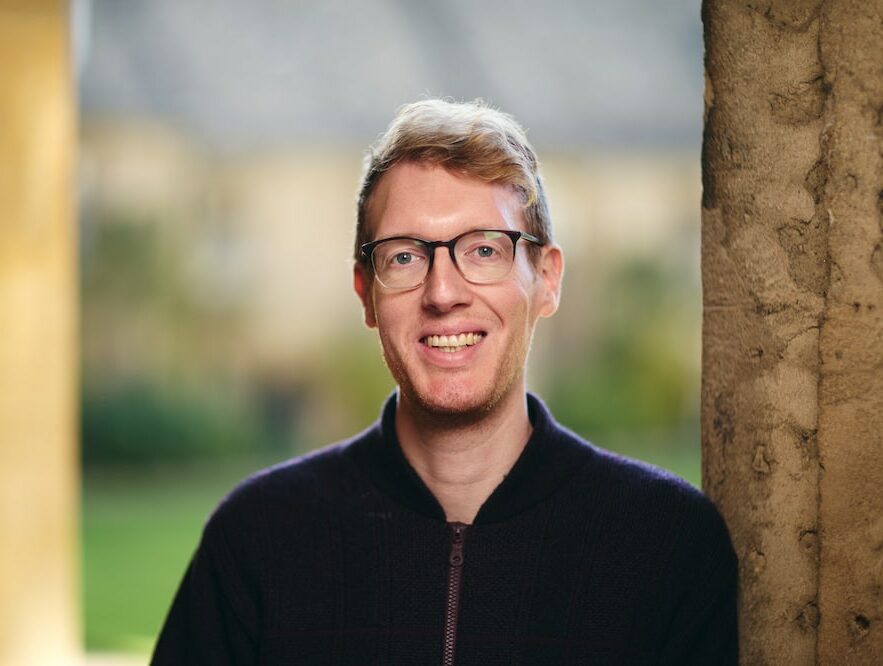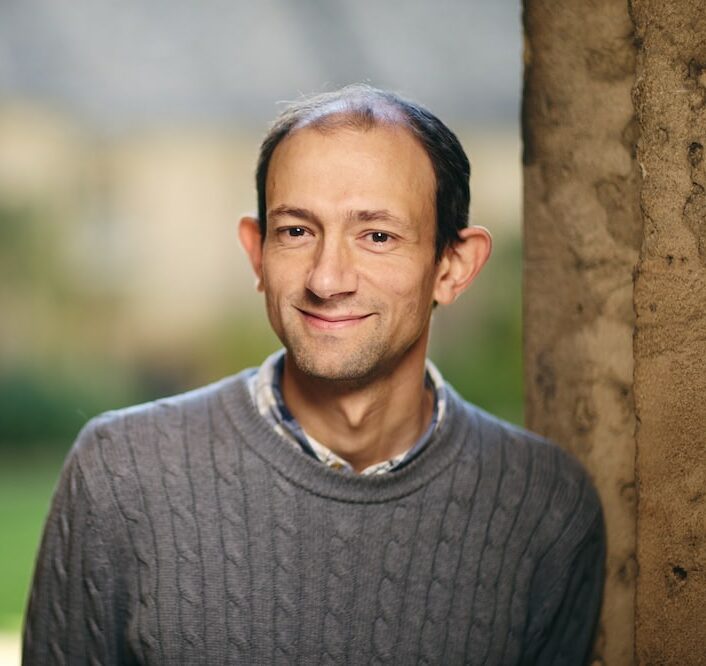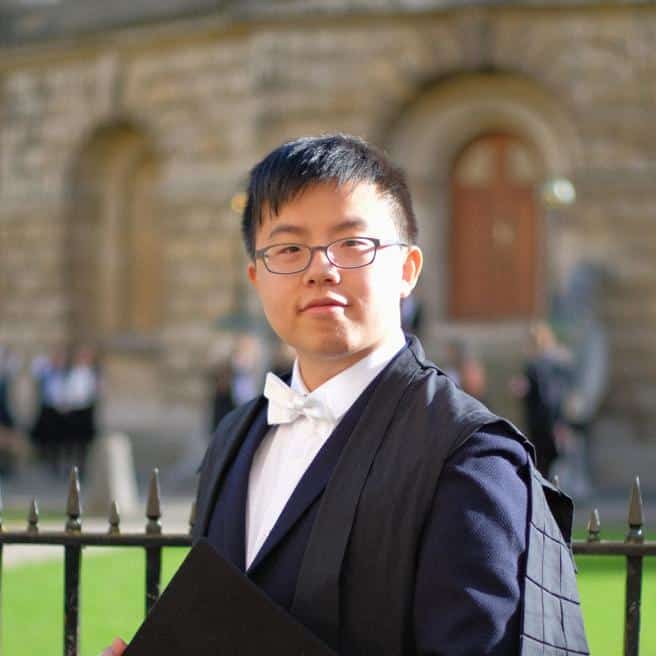Course overview
BA Physics (3 years)
MPhys Physics (4 years)
BA Physics & Philosophy (3 years)
MPhysPhil Physics & Philosophy (4 years)
Typical intake: 6
Physics is concerned with the study of the universe from the smallest to the largest scale: it is about unravelling its complexities to discover the way it is and how it works.
In the first two years of the course undergraduates will be taught mostly by Physics tutors at Worcester. In the third year of the course tutorials will be given by the College tutors or external specialist tutors. Advanced options in the fourth year are taught in classes provided by the University Physics Department. There will generally be two tutorials or classes each week; during the first year, for example, one will be on physics and one on maths. Undergraduates are generally paired for tutorials; for variety, all the pairs in one year may sometimes be merged and taught as a class. This in-College teaching complements the programme of lectures and practical laboratory sessions provided by the University Physics Department. In addition to the regular tutorial contact with the tutors, there are opportunities to learn about physics research at first hand through meeting with graduate students studying for research degrees in physics, of whom there are usually about ten in the College.
Applying
The College admits about six undergraduates a year to read Physics; this may include one place for Physics and Philosophy. We have no preference between candidates intending to read the three- or the four-year Physics courses, and we welcome candidates from all types of educational background. In recent years we have admitted a high proportion of applicants educated in the state sector. Double Mathematics for those taking A-levels is not a requirement, but the Oxford Physics course has a high mathematical content, and entrants with only single-subject mathematics will cope more easily at the start of the first-year course if they are able to spend some time between A-Levels and arrival in Oxford working through the mathematical material suggested by the tutors.
















